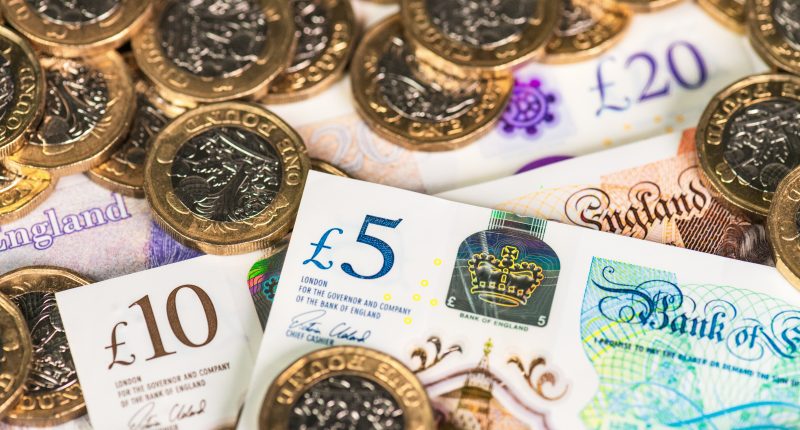MILLIONS of self-employed workers will keep more of their hard-earned cash thanks to a major tax change announced today by Chancellor Jeremy Hunt.
Workers will get an income boost of up to £350 thanks to the abolition of some National Insurance Contributions (NICs) in today’s Autumn Statement.
Mr Hunt is abolishing Class 2 National Insurance, a flat rate compulsory charge, currently £3.45 a week.
He is also cutting one percentage point off the rate charged for Class 4 NICs.
He said the move would save two million self-employed workers £350 a year from April.
The exact amount your income will be boosted depends on how much you earn.
Read more in money
In his Autumn Statement Jeremy Hunt announced:
Class 2 and Class 4 NI are paid by self-employed Brits making a profit of £12,570 or more a year.
Mr Hunt said: “As part of our plans to grow the economy I want to reform and simplify the taxes paid by the self-employed.
Most read in Money
“So today I am announcing a major reform of one of those taxes. It is one most people haven’t heard of, but it is a big deal for those who have to pay it.
“Class 2 National Insurance is a flat rate compulsory charge, currently £3.45 a week, paid by self-employed people earning more than £12,570 which gives state pension entitlement.
“Today, after careful consideration and in recognition of the contribution made by self-employed people to our country, I can announce we are abolishing Class 2 National Insurance altogether, saving the average self-employed person £192 a year.
“Because we value their work, I’m also taking one further step for the self-employed.
“They pay Class 4 National Insurance at 9% on all earnings between £12,570 and £50,270.
“Today, I have decided to cut that tax by 1 percentage point to 8% from April. Taken together with the abolition of the compulsory Class 2 Charge, these reforms will save around 2 million self-employed people an average of £350 a year from April.”
NIC is also paid by employees over the age of 16 and Jeremy Hunt is cutting the main rate of NI by two percentage points from January.
The changes will boost the incomes of 27million Brits.
What is National Insurance?
National Insurance is a tax on your earnings, which is put into a fund to use for some state benefits.
This includes the state pension, statutory sick pay, maternity leave and unemployment benefits.
If you are a UK national, you should receive an NI number and card automatically before you turn 16.
This number allows the government to track your earnings and apply the right amount of tax.
Who pays National Insurance?
You pay National Insurance if you’re 16 or over and either:
- an employee earning above £242 a week
- self-employed and making a profit of £6,725 or more a year
It is deducted from your wages each month.
If you’re employed, you can see your contributions by looking at your pay slip.
Once you reach state pension age, you don’t need to pay it at all.
There are different types of National Insurance – known as “classes” -, and the type you pay depends on your employment status and how much you earn, and whether you have any gaps in your National Insurance record.
What are the NIC thresholds and how much do I pay?
The threshold for National Insurance payments is currently £12,570 a year for employed workers and £6,725 for self-employed people.
A change in April last year saw millions of workers paying 1.25% more NI, but that hike was reversed from November 6, saving workers £330 a year on average.
But rates fell from 13.25% to 12% and from 3.25% to 2% – the same as before April 2022.
If you are employed, you start paying National Insurance when you are 16 or older.
Most people now pay 12% NICs on any earnings between £242 and £967 a week.
Plus you have to pay 2% on anything you earn over £967 a week – or £4,189 per month.
Those earning less than these amounts do not have to pay any National Insurance.
The self-employed start paying when they make profits of at least £6,725 a year.
If you’re self-employed you need to complete a self-assessment tax return and pay NICs and income tax yourself.
The exact amount you pay will depend on how much you earn as it’s a percentage of earnings between these amounts.










